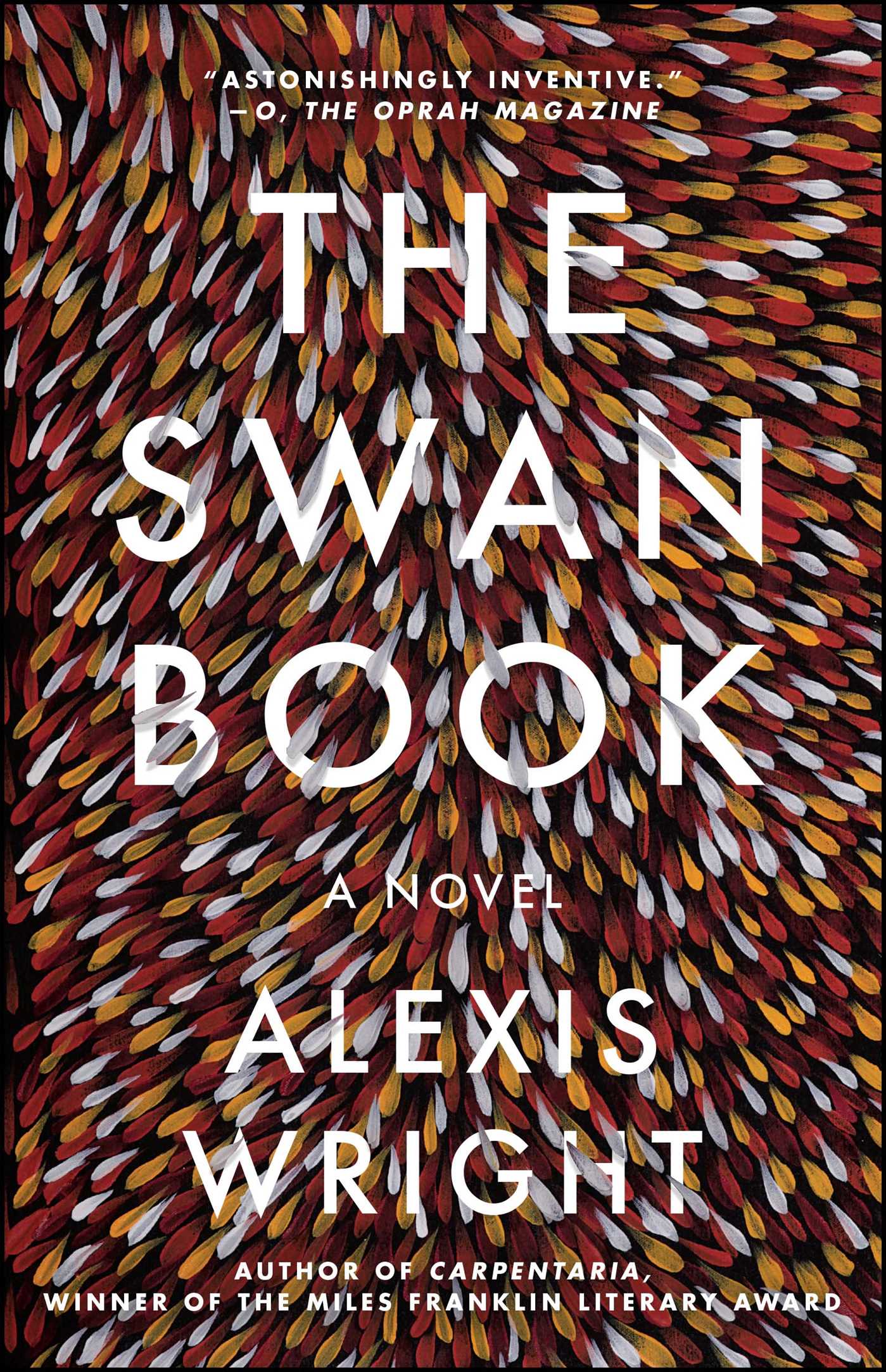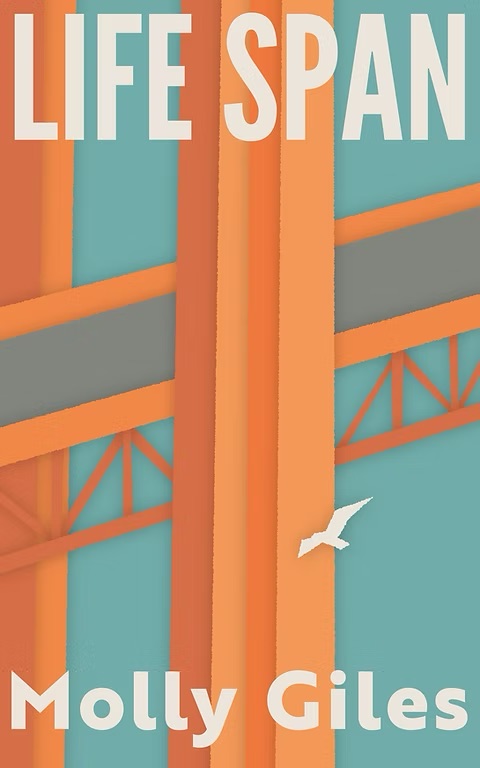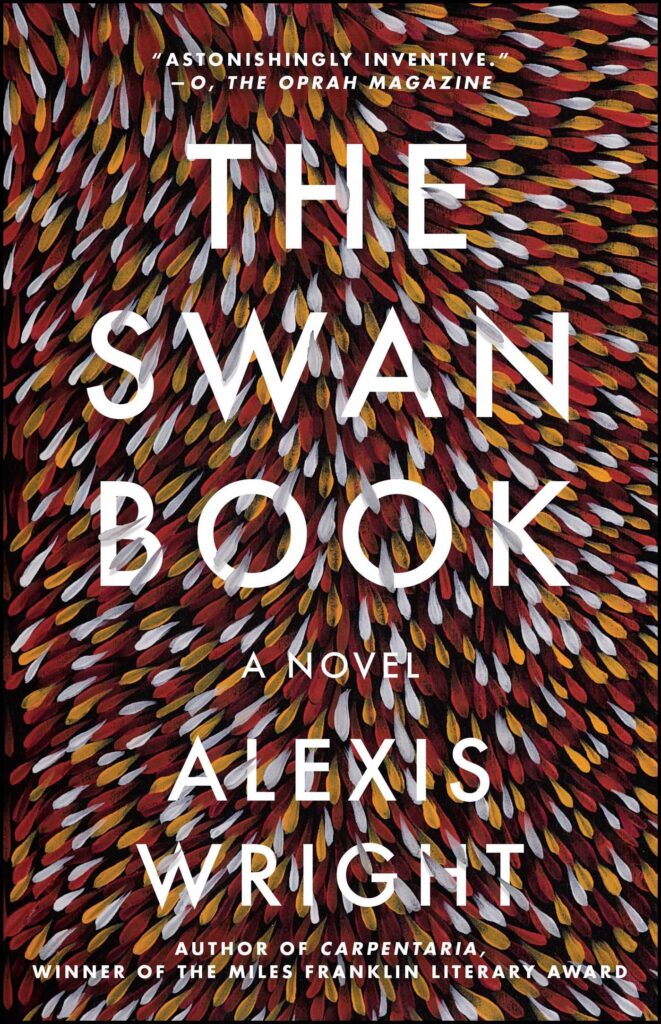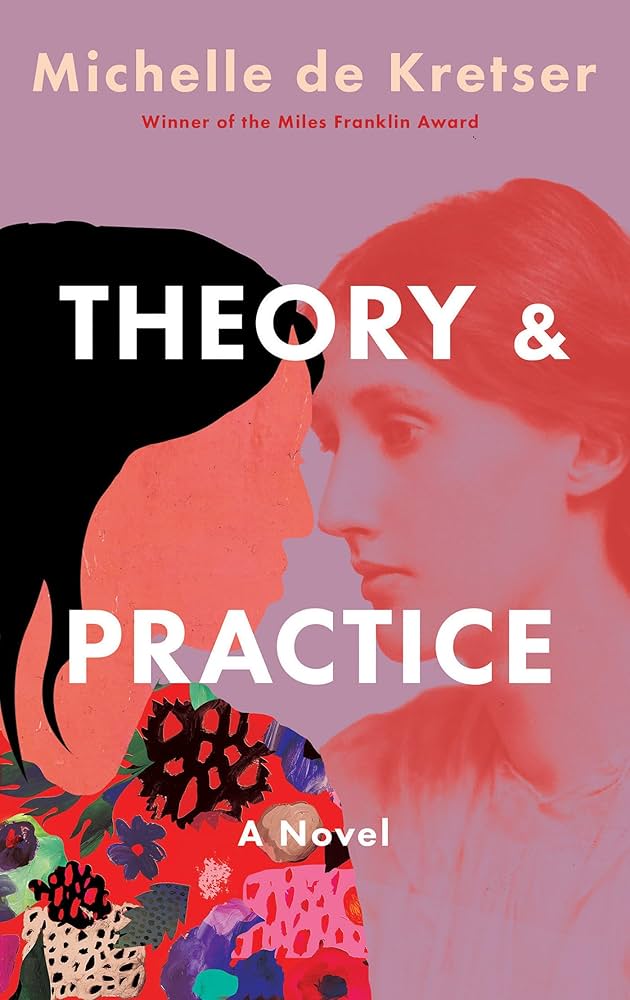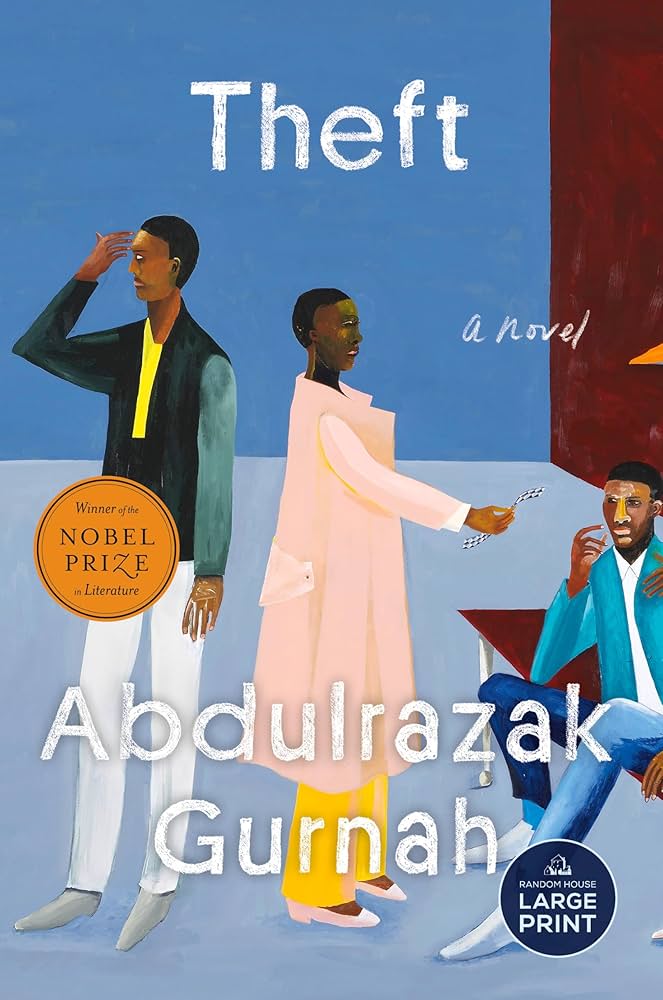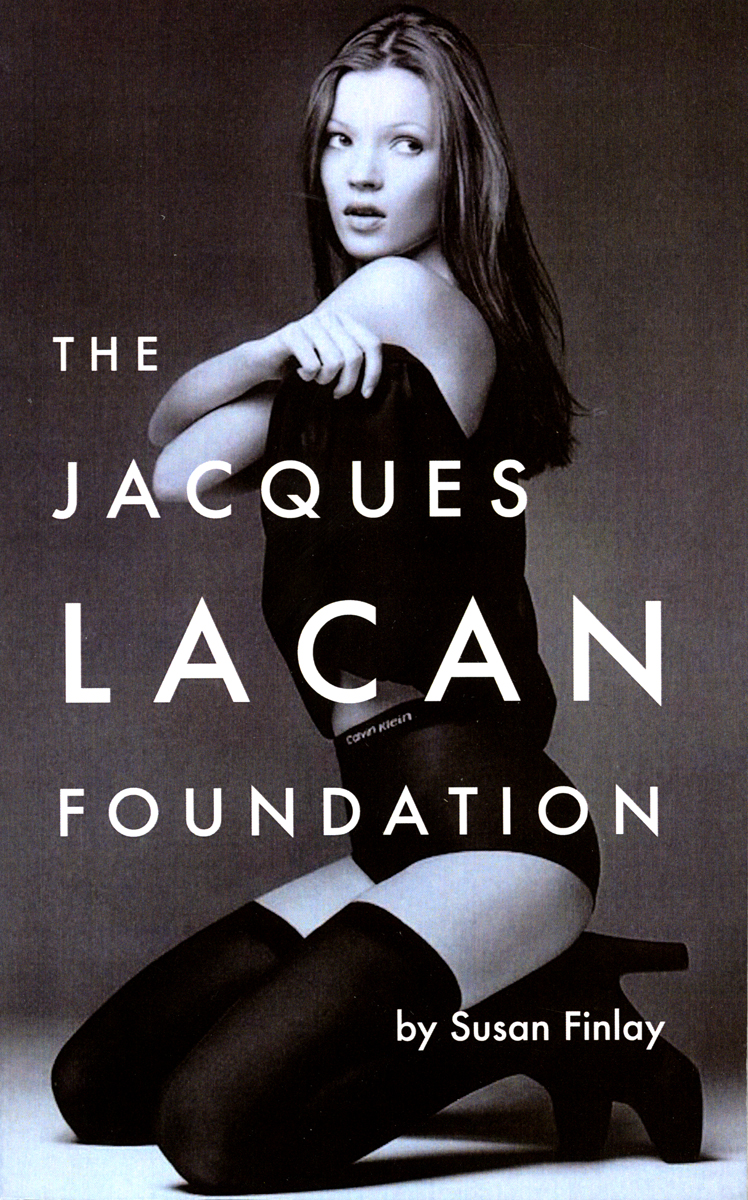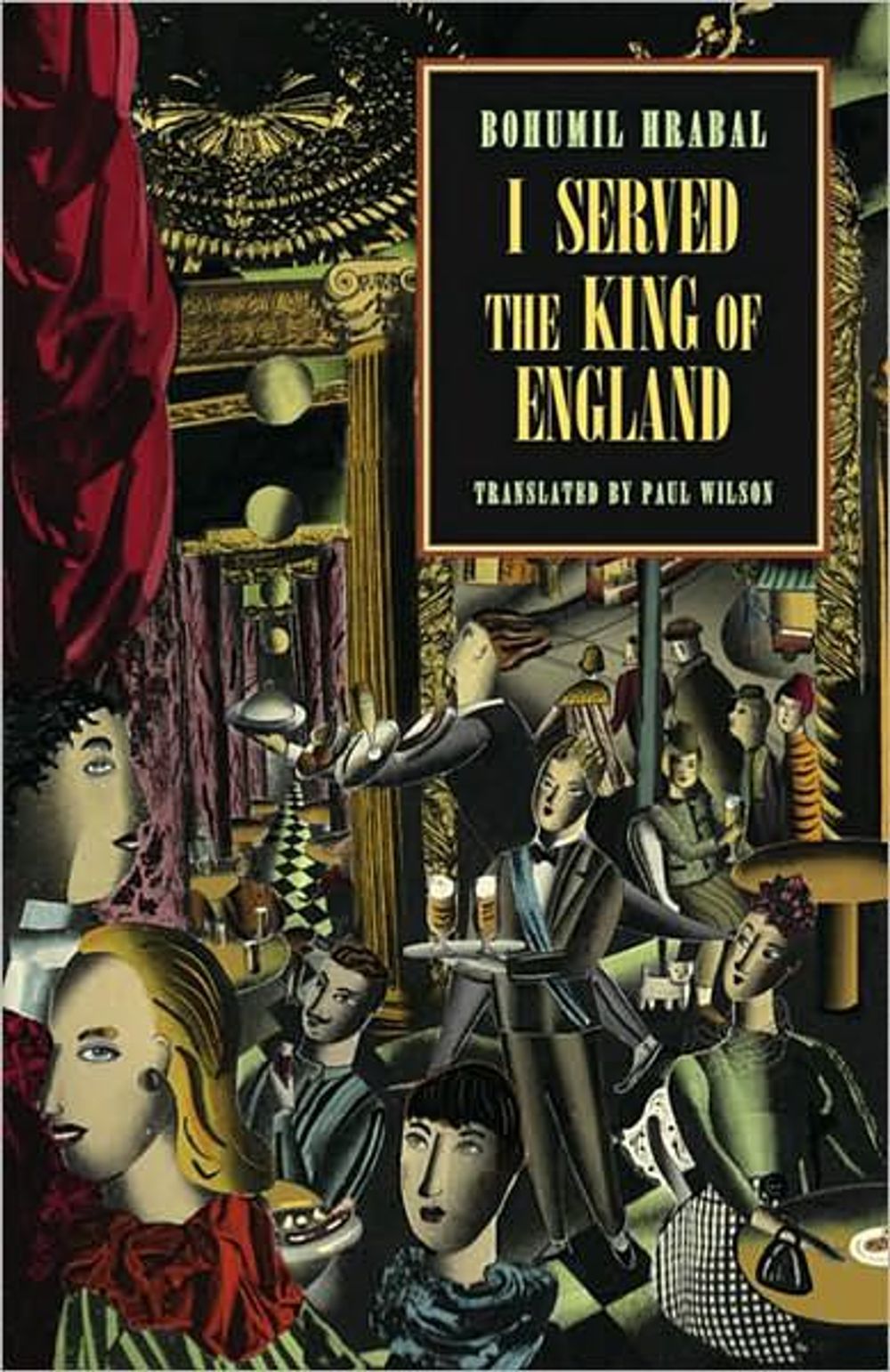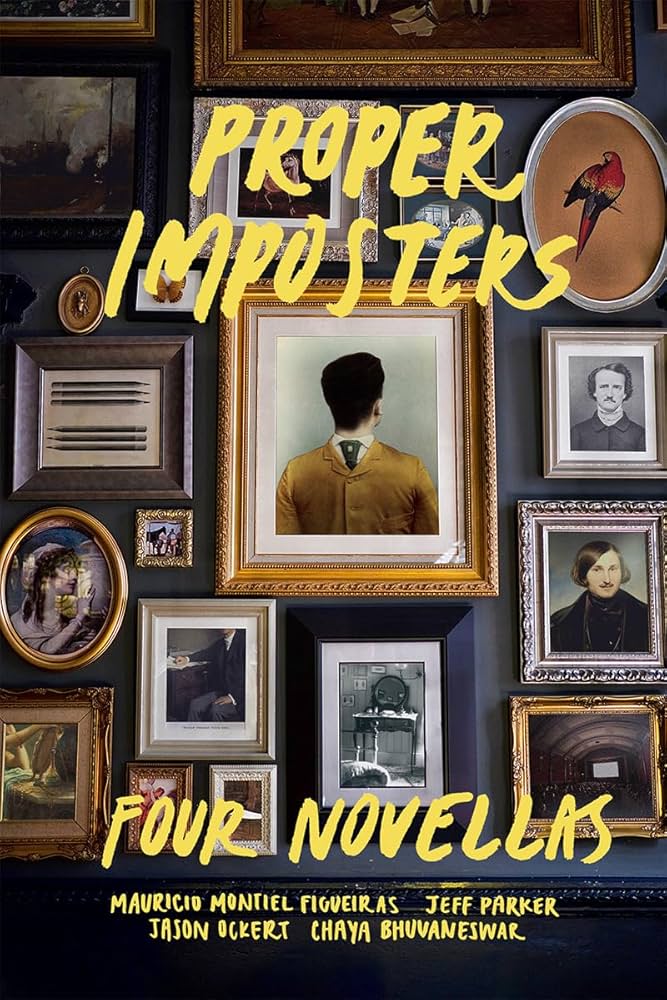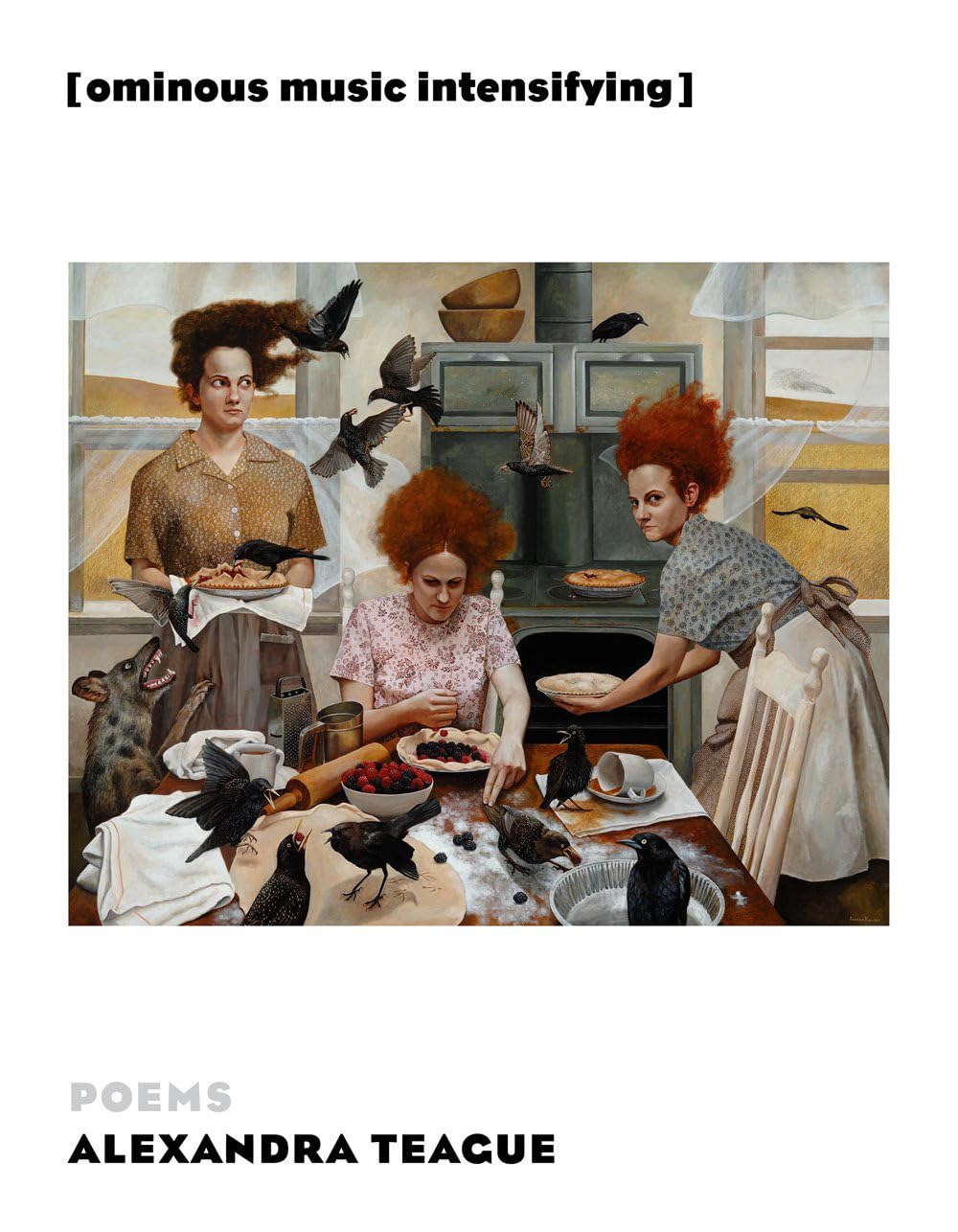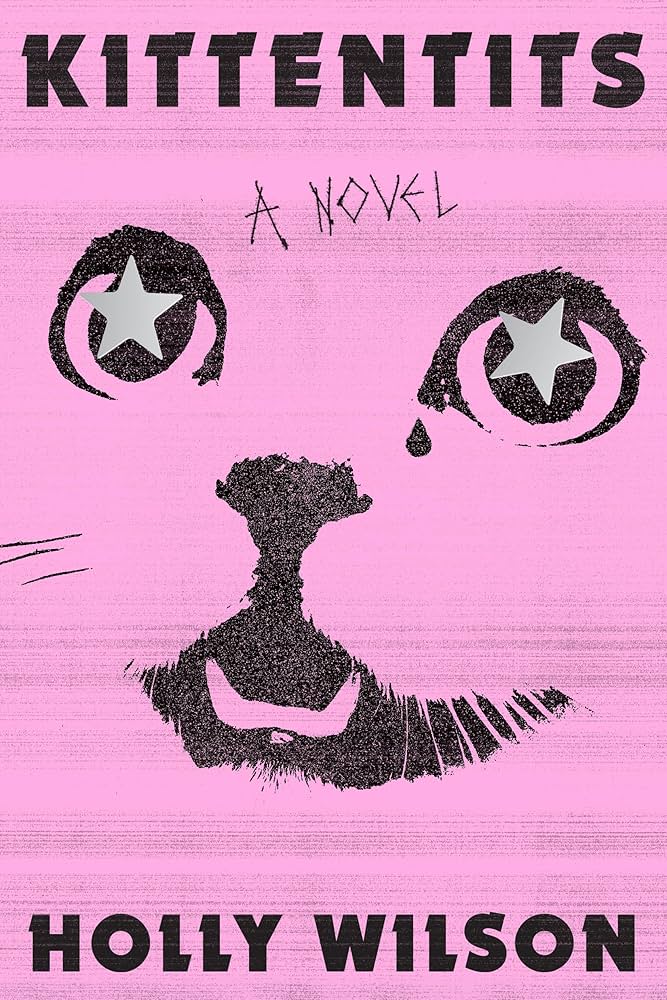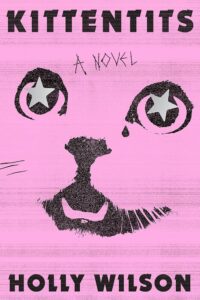By TASH AW
Reviewed by BRITTA STROMEYER
Readers familiar with Tash Aw know that the power of Aw’s writing lies in the intricate layering of complex themes, brought to life through nuanced characters. His latest novel, The South, the first of a four-part saga, is no exception. It is an ambitious portrayal of a family navigating profound transformation and the complexities of identity and belonging within Malaysia’s rich and challenging political context of the late 1990s.
Following his grandfather’s passing, sixteen-year-old Jay journeys southward with his family to inspect their inherited failing farm. Blighted trees and drought-stricken fields greet them upon arrival. Told in rotating third- and first-person perspectives over a few weeks, the novel introduces Jay, his mother Sui, and farm manager Fong as they grapple with identity and belonging within fractured family dynamics. The novel, both broad in its scope and delicate in its intimacy, explores the repercussions when personal lives intersect with wider societal currents. It unfolds with a quiet yet remarkable sense of pacing, each moment carefully weighted, drawing the reader deeper into the rich inner lives of its characters.



